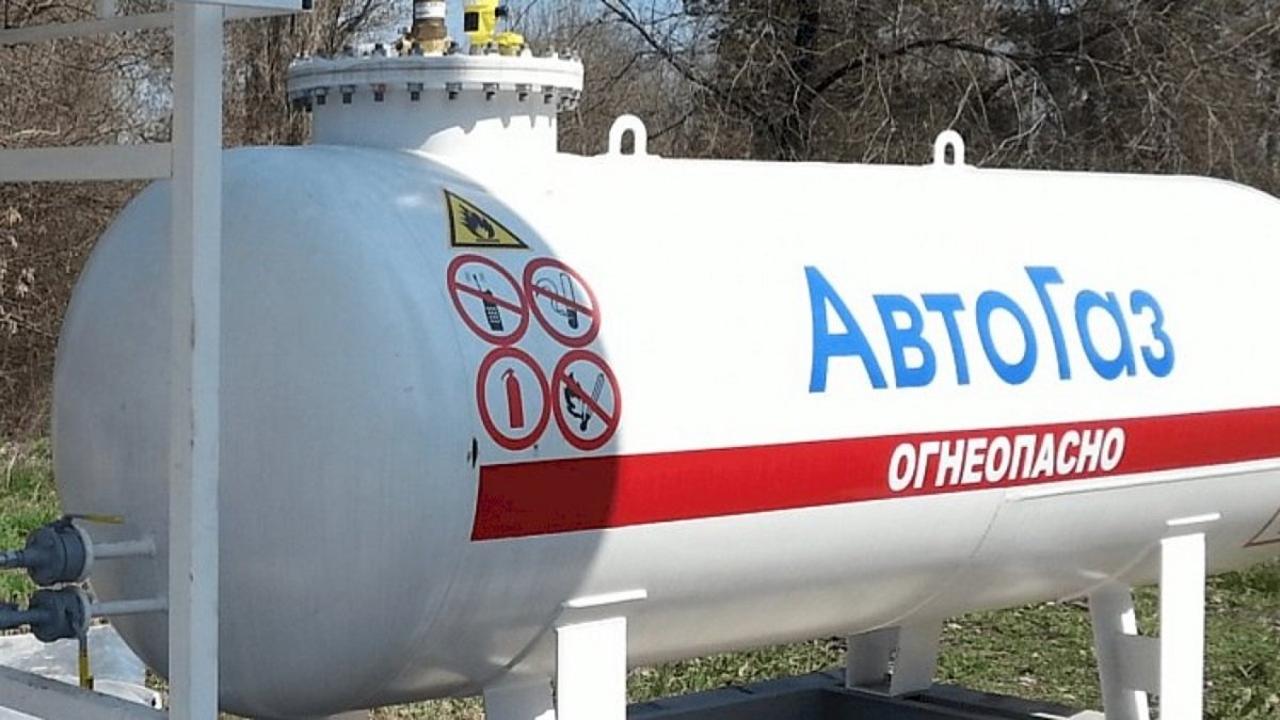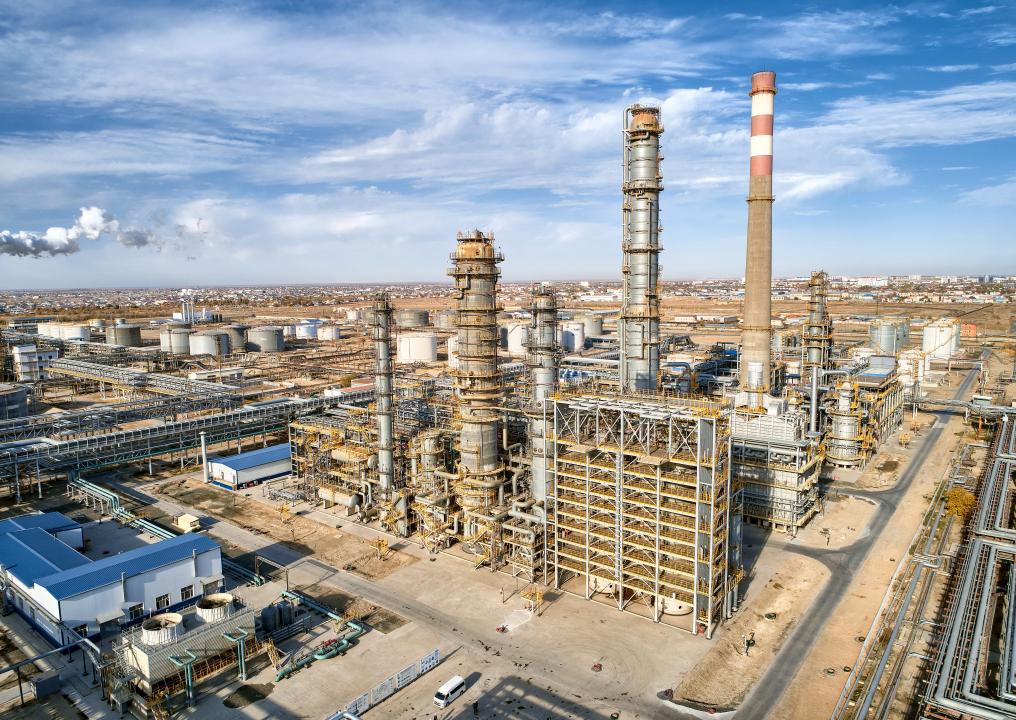The Ministry of Energy of Kazakhstan announced on September 4 that following the negotiations between the partners of the North Caspian Project and Kazakhstan’s national gas company QazaqGaz, with the participation of the Ministry of Energy of Kazakhstan, an agreement had been signed regarding the sale and purchase of liquefied petroleum gas (LPG) from Kazakhstan’s Kashagan oil field.
The North Caspian Project was developed under the North Caspian Sea Production Sharing Agreement signed in 1997, by Kazakhstan and an international consortium including KazMunayGas (16.88%), Eni (16.81%), Shell (16.81%), ExxonMobil (16.81%), TotalEnergies (16.81%), CNPC (8.33%), and INPEX Ltd (7.56%).
The move comes amid the increasingly high demand for LPG, which cheaper than gasoline, is the most popular and economical fuel amongst Kazakhstan’s vehicle owners. According to the agreement, supplies of LPG from Kashagan will be released at the end of 2025 and by 2027, on completion of work on the infrastructure, reach over 700,000 tons per year.
The Ministry of Energy believes that supplies from Kashagan will help reduce the chronic shortage of LPG in Kazakhstan, and positively impact the socio-economic situation in the country’s regions. As recently reported by The Times of Central Asia, supplies have long failed to meet demand.
In July, Kazakhstan’s Minister of Energy, Almasadam Satkaliyev, stated that in 2023, Kazakhstan had 582,000 motor vehicles running on LPG, an 18% increase compared to 2022 (491,000), resulting in a rise in consumption by 400,000 tons, or 28%. Last year, LPG consumption volumes amounted to 2.2 million tons compared to 1.8 million in 2022, and according to analysts, may increase this year by a further 200 thousand tons and reach 2.4 million annually.
According to the Minister, Kazakhstan produced 1.6 million tons of LPG in 2023 and plans the same volume for 2024.







